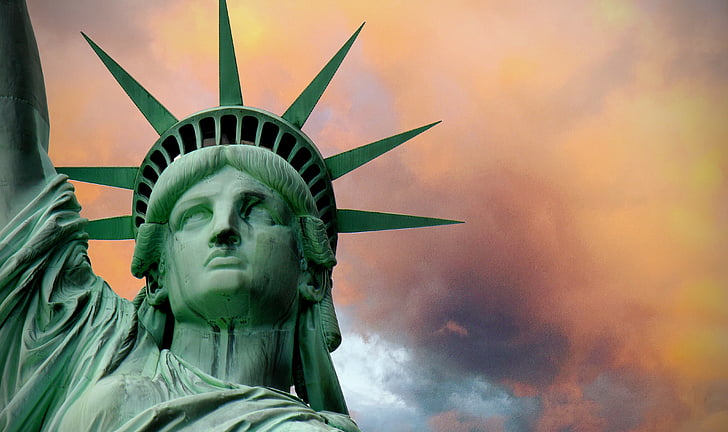
In March 1947, a year and a half after the US detonated two atomic bombs over Hiroshima and Nagasaki, President Harry S. Truman delivered a famous address to Congress, where he urged the nations of the world to choose between what he called two “alternative ways of life”: freedom or totalitarianism. As the phrase “ways of life” suggests, the Cold War was not only a geopolitical race but also a battle of ideas.
This course explores the intellectual landscapes of the early Cold War (ca. 1945-1960) in the US and beyond, delving into the profound ideological shifts and cultural transformations that marked this era. Specifically, we will focus on how Western mid-20th-century intellectuals conceptualized totalitarianism and promoted an anti-utopian, pessimistic attitude toward politics. We will primarily read various political and philosophical texts but also examine excerpts from novels, movies, paintings, and discuss topics such as consumer culture, McCarthyism, abstract expressionism, and racial desegregation.
The seminar is taught in an intensive three-day workshop format and requires active participation. Note that you are expected to cover the readings listed on the syllabus (uploaded on Moodle) before the seminar.
- Kursleiter/in: Mir Ali Hosseini
